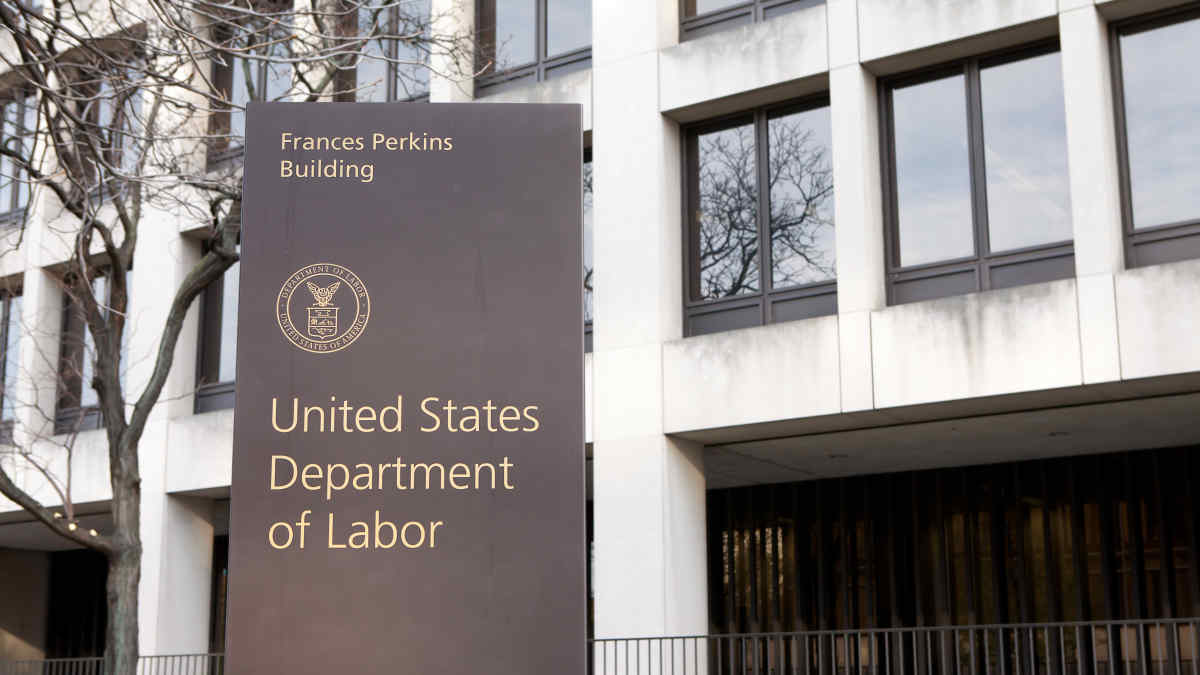

?The Office of Federal Contract Compliance Programs (OFCCP) has proposed changes to its scheduling letters for audits of federal contractors that would require contractors to share much more information with the agency.
“If the OFCCP is successful in adding even a fraction of these proposed changes, it will mean more work on the contractor during the course of a desk audit,” said Joanna Colosimo, SHRM-SCP, vice president of workforce equity and compliance strategy and principal consultant with DCI Consulting Group in Washington, D.C.
If finalized, the proposal “will make compliance reviews much more burdensome and expensive for contractors,” said Lynn Clements, director of audit and HR services with Berkshire in Columbia, Md.
Proposed Changes
There are at least 13 proposed changes to the scheduling letter, none of which reduce federal contractors’ requirements, said Cheryl Behymer, an attorney with Fisher Phillips in Columbia, S.C.
She said that these proposed changes include:
- Increasing several protected categories to require data from the prior affirmative action plan (AAP) year, not just the current AAP year being audited. So, the contractor would need to provide the prior year’s placement goals and the prior year’s compensation data. The contractor also would have to include numerous other compensation-related data points, not just base salary. This means the contractor would be “providing twice the reports in these areas as it had been required to provide previously,” Behymer stated.
- Requiring the contractor to describe in great detail when and how it last analyzed its compensation and how it addressed any disparities identified.
- Making the contractor provide its employee transactional data—applicants, hires, promotions and terminations—in specific race and ethnic codes, rather than comparing minority to nonminority activity.
- Mandating that the contractor identify promotions as either competitive or noncompetitive, as defined by the agency.
- Requiring the contractor to expressly identify whether it believes its outreach efforts are successful and why and to identify specific next steps if the outreach is not at the expected level of success.
- Requiring the contractor to address its recruiting processes, including any use of artificial intelligence or algorithms, so that the OFCCP can review whether they disadvantage women, racial minorities, individuals with disabilities or veterans.
In addition, the scheduling letter would expect contractors to provide data for all “campus-like” establishments located in the same city, instead of limiting its response to the address to which the scheduling letter was addressed. “This suggests a particular interest in expanding audits of institutions of higher education,” Behymer said.
Increased Burden on Federal Contractors
If these proposed changes are implemented, “the time and expense associated with preparing an AAP for submission to the OFCCP will skyrocket,” said Cara Yates Crotty, an attorney with Constangy, Brooks, Smith & Prophete in Columbia, S.C.
The OFCCP estimates an 11-hour increase—from 28 hours to 39 hours—to respond to the proposed scheduling letter and itemized listing. “This is woefully unrealistic,” Crotty said. “It already takes contractors a significant amount of time to respond; with these changes, the burden will increase exponentially.” The OFCCP has not proposed increasing the 30-day response deadline.
“The OFCCP continues to add and add more requirements for government contractor employers to submit in audits, yet the OFCCP continues to adhere to a 30-day timeframe for responses,” said Alissa Horvitz, an attorney with Roffman Horvitz in McLean, Va. “Something has to give. Either the OFCCP provides employers with significantly more time to respond to the letter or it withdraws a significant number of its proposed additions to the existing scheduling letter.”
Horvitz noted that the 2013 version of the OFCCP’s scheduling letter had only 11 numbered paragraphs, two of which had subparts.
If the OFCCP’s proposal is adopted, there would be 26 numbered paragraphs. Counting all the subparts separately, there would be 40 requests, she said.
“Even the most prepared contractor will have a hard time gathering and verifying all the data the OFCCP wants” in 30 calendar days, Clements said.
Nonetheless, Ambika Biggs, an attorney with Hirschler in Tysons, Va., said, “The proposed changes signal the OFCCP’s commitment and increased enforcement efforts to ensure contractors are meeting their equal employment opportunity and affirmative action obligations.”
Action Items for Federal Contractors
If the agency’s proposed changes are implemented, Horvitz said that federal contractors should:
- Make a list of any data and processes that the employer currently does not maintain in its human resource information system (HRIS)—for example, if an employer cannot distinguish between competitive and noncompetitive promotions, it may need to adapt its processes and alter its record keeping.
- Create a timeline and a process to enter this information into the HRIS and consider doing some supplemental training about why these new processes need to be followed.
- Ensure that the employer is developing action-oriented programs and internal audit processes to follow up on data analyses that identify disparate treatment based on race or gender in hiring, promotion, terminations or compensation.
“It is clear from these proposed amendments that pay equity will be a main focus of the OFCCP in its audits,” said Craig Leen, an attorney with K&L Gates in Washington, D.C., a former director of the OFCCP. “Contractors should develop a pay equity program, conduct an annual pay equity self-audit under attorney-client privilege, make pay adjustments where needed and be prepared to prove they did one while preserving privilege.”
Leen recommended that contractors also:
- Develop diversity, equity, inclusion and accessibility programs and be prepared to show that they are acting proactively to ensure equal opportunity, including promotions and the elimination of glass ceilings, while not engaging in preferences or quotas.
- Review their outreach and recruiting efforts to individuals with disabilities and protected veterans.
- Preserve records, or contractors will find themselves in long audits.
Comments to the OFCCP on the proposed changes are due Jan. 20.

